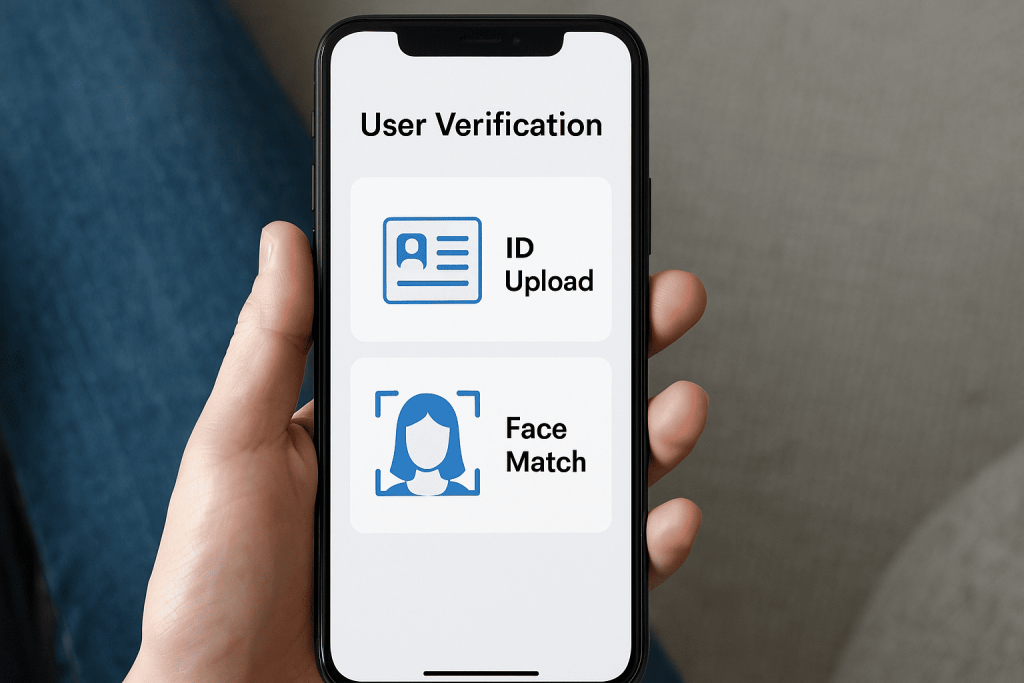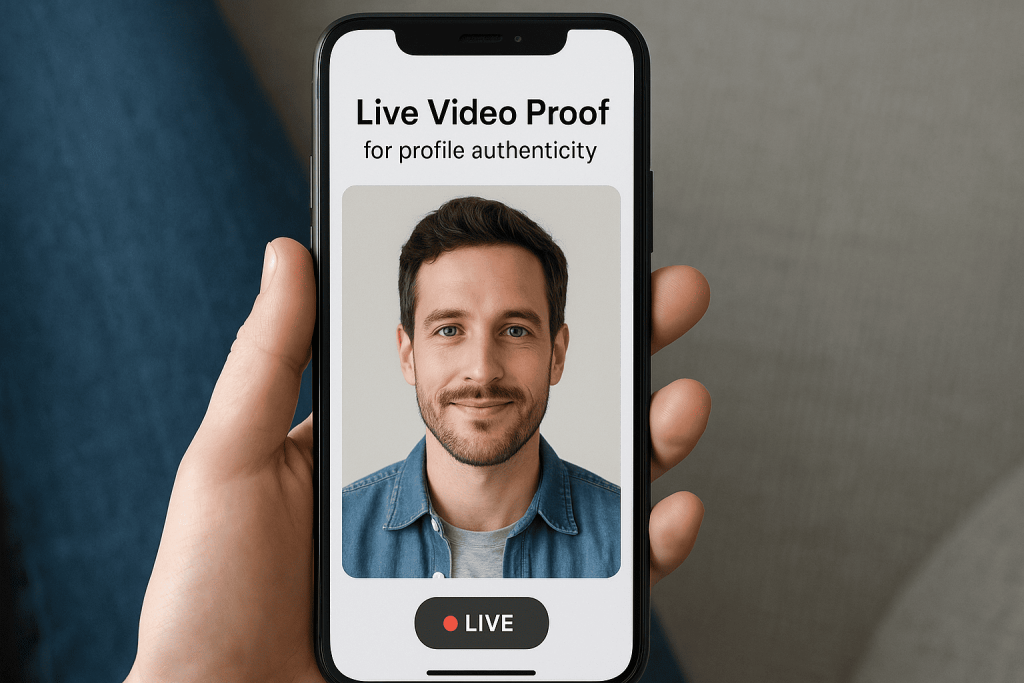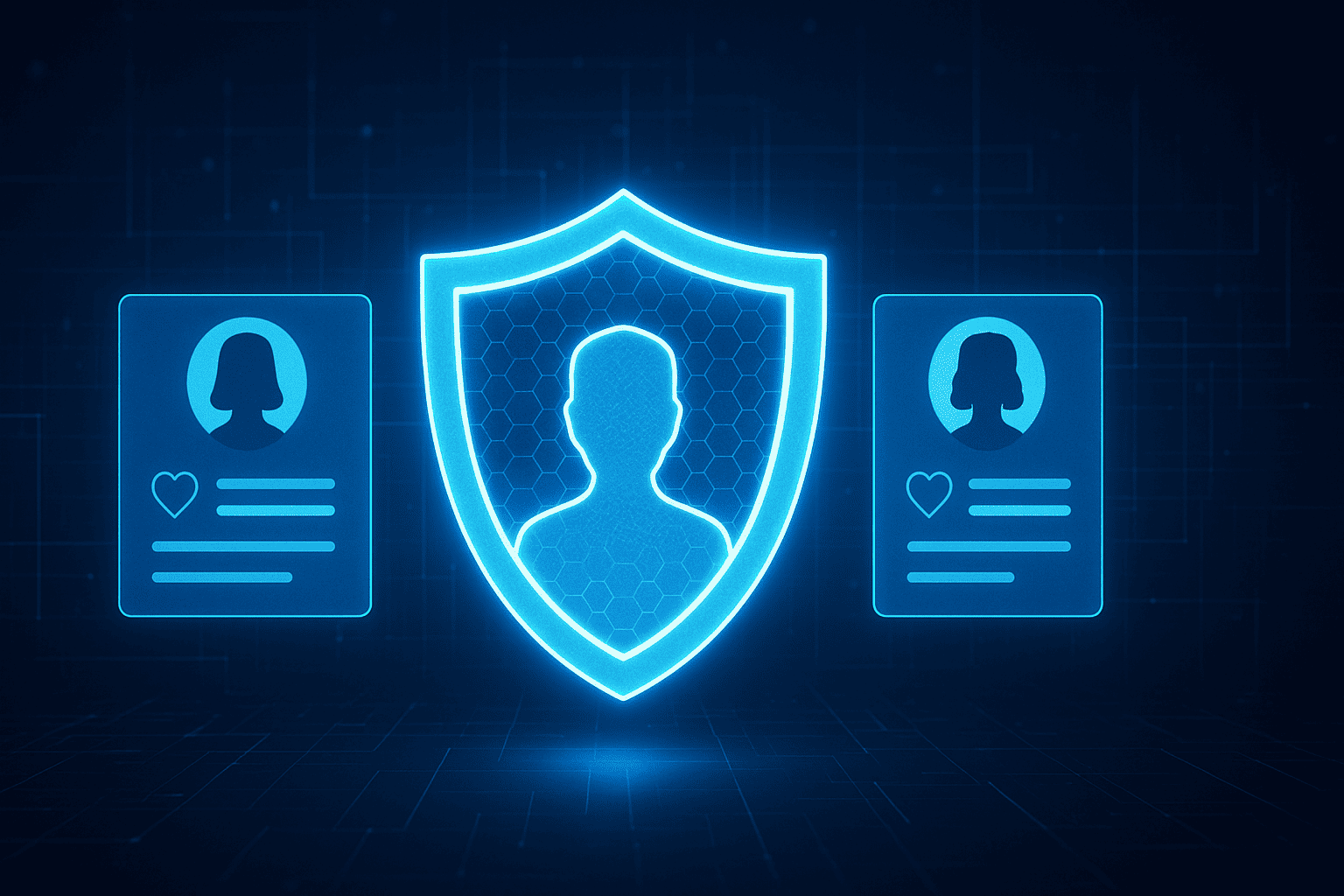In today’s digital romance era, The Evolution of Online Dating – Trends and Safety in 2025 highlights that the future of online dating is no longer just about better matchmaking it’s about building safer spaces for genuine connections. As millions rely on apps to find partners, security and authenticity are becoming core to the experience.
The upcoming wave of innovation promises to make online dating more transparent, secure, and real. From ID verification to AI-driven behavior detection, the future of online dating will balance technology and trust to outsmart scammers.In this blog, we’ll explore what the next generation of dating app safety features looks like, and how these tools address emerging online dating predictions and challenges.
Why safety has become the cornerstone of modern dating
Online dating has evolved from a niche practice to a mainstream way to meet people. But with this growth has come a surge in catfishing, fake profiles, and scams. Reports from major cybersecurity firms show that romance scams now cost users billions globally each year.These trends force both users and platforms to prioritize safety. The future of online dating will be defined by trust and by how effectively apps can verify users, protect data, and detect deception before harm occurs.

The next generation of dating app safety features
New technologies are emerging to make dating apps safer than ever. Let’s break down what’s already in development and what you can expect in the near future.
1. Verified ID and biometric proof
The first frontier in dating safety is ID verification. Apps like Bumble and Tinder already experiment with government ID checks, but in the near future, this could become a standard requirement.
Users will upload government IDs, selfies, and possibly short verification videos. These will be cross-checked by AI to confirm liveness meaning the user is a real, breathing person, not a photo or deepfake. Verified users may earn badges, helping others instantly see who’s been vetted.
Why it matters:
This innovation dramatically reduces catfishing and impersonation. In the future of online dating, verified identity will be the new norm much like blue checkmarks on social platforms.
2. Real-time video and voice proofing
As scammers become smarter, so must verification systems. One powerful trend is real-time video proofing, where users may record short clips or join quick live checks before messaging or meeting someone.
Imagine getting a match request that comes with a “verified through video” badge instantly building trust.
Similarly, voice authentication is on the rise. AI systems can identify unique vocal signatures and use them to confirm user identity during calls or verification steps. This will make it harder for scammers using synthetic voices or impersonations to succeed.
3. AI-driven behavior analysis
Artificial intelligence will soon monitor app interactions in real time to detect suspicious patterns. This doesn’t mean eavesdropping rather, AI will analyze activity such as:
- Excessive messaging to multiple users
- Copy-paste messages
- Rapid swiping patterns
- Unusual login behaviors or IPs
If flagged, these accounts can be reviewed or temporarily frozen.
AI can also help identify subtle “social engineering” where scammers build emotional connections to manipulate users into financial or personal exploitation.
The result: A cleaner, safer ecosystem that rewards authentic users and penalizes manipulative behavior.
4. Predictive safety scoring
One of the most interesting online dating predictions is the emergence of predictive safety scores.
Think of this as a reputation system for digital dating. Based on your behavior verified identity, respectful messaging, reporting history, and community feedback the app assigns a trust score.
High trust scores get better visibility and matching priority. Low trust scores may face restrictions.
This gamifies honesty and accountability, encouraging users to behave responsibly.
5. Anti-deepfake and synthetic media detection
Deepfake technology allows scammers to create realistic fake videos or photos that can easily deceive users. The future of online dating will see apps incorporating AI deepfake detection tools that scan uploaded content for inconsistencies in lighting, pixel patterns, and facial symmetry.
Platforms could automatically flag or blur suspicious media, warning users before they engage with fake accounts.
This feature not only safeguards users from scams but also preserves the authenticity of online attraction real people, real connections.
6. Context-aware safety alerts
Modern apps are also exploring context-aware safety features alerts that activate in risky situations.
For example:
- If you’re chatting with someone who’s been flagged on multiple accounts, the app might show a caution banner.
- If the conversation shifts toward money or investment topics, a safety notice could appear automatically.
- Before meeting someone in person, the app might send location-sharing reminders or allow trusted contact tracking.
These smart alerts act like digital safety assistants subtle, real-time protection built into your dating experience.
7. Data privacy and selective reveal controls
As privacy concerns rise, apps will let users control what they reveal and when. Expect features like:
- Selective reveal: Gradually show photos or info after mutual trust is established.
- Anonymized profiles: Display initials or avatars until both users verify identity.
- Time-sensitive content: Messages or photos that auto-delete to prevent misuse.
- Encrypted chats: Private communication that platforms themselves can’t read.
These dating app safety features will help users stay in control of their personal information while still fostering meaningful connections.

The role of AI and algorithm transparency
Algorithms decide who you meet but in the future of online dating, they must also become transparent.
Many users today feel unsure how apps determine matches or visibility. Future platforms are expected to publish transparency reports detailing:
- How compatibility is calculated
- How safety scores affect visibility
- How algorithm bias (race, age, gender) is minimized
This transparency will build trust, empowering users to understand not just use the technology guiding their relationships.
How innovation will prevent scams and misuse
Every safety innovation directly addresses specific forms of fraud:
- ID checks stop fake identities.
- Voice/video proofing prevents impersonation.
- AI behavior tracking detects mass scam operations.
- Deepfake filters protect against AI-generated deception.
- Predictive safety scores reward good actors and demote bad ones.
By merging all these layers, dating apps will evolve into trust-based ecosystems where scammers find it increasingly difficult to thrive.
Online dating predictions for 2030 and beyond
Experts predict the future of online dating will merge the physical and digital worlds. Features on the horizon include:
- Virtual reality dating spaces — safe, immersive environments for first “meetings.”
- Emotion recognition AI — analyzing tone and expression to flag manipulative or harmful conversations.
- Personal safety companions — AI that checks in before, during, and after in-person dates.
- Smart contracts for dating — blockchain-powered consent or meetup agreements.
While not all of these are mainstream yet, they reflect where innovation is heading a space where security, consent, and transparency are central.
Building safer love: what users can do
Technology can only go so far; user awareness completes the circle. To stay safe in the evolving world of online dating:
- Always use verified apps with clear safety policies.
- Opt into ID and video verification whenever possible.
- Avoid moving chats off the app too quickly.
- Never share sensitive info or send money to strangers.
- Report suspicious activity it protects others, too.
The future of online dating is bright, but only if users engage responsibly.





